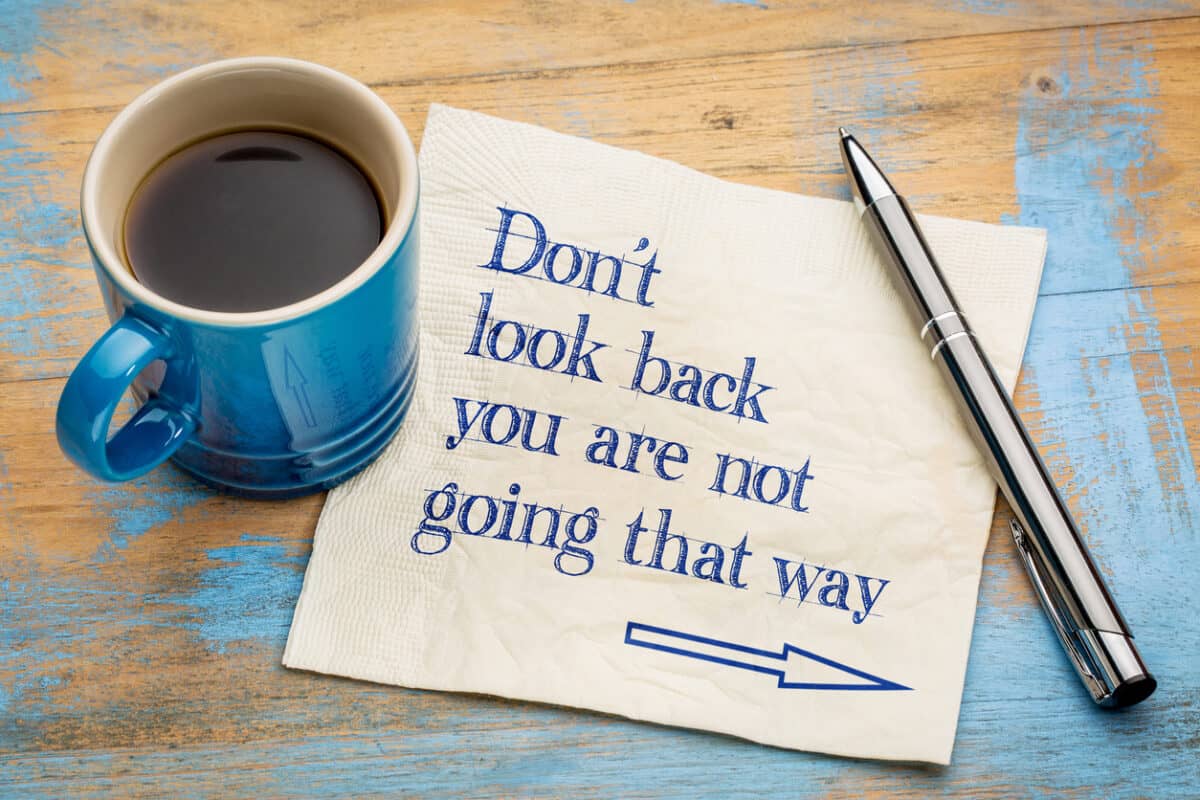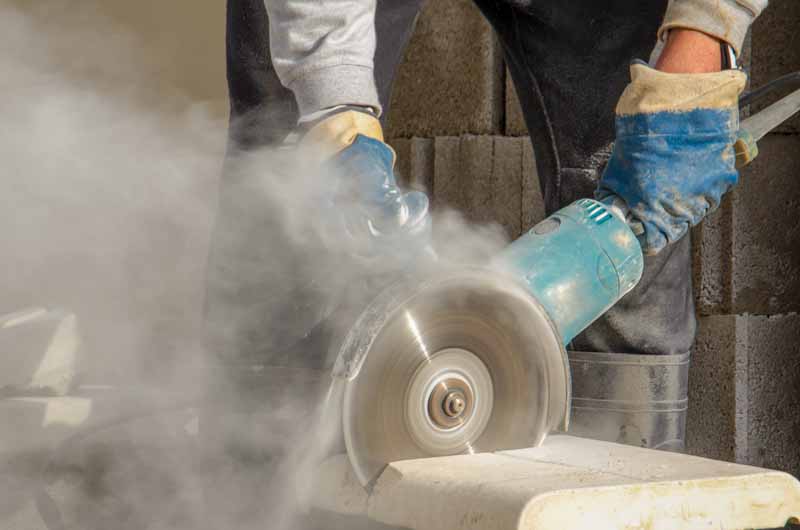The harm presented by working in Australia’s mining sector has been a concern for a long time. Over the last decade or two, the psychosocial harm from the same work has come to the fore. The occupational health and safety (OHS) responsibility sits clearly with the employers who, in Australia, are often well-resourced national and international corporations. Recently SafeWorkSA issued a media release entitled “Sexual harassment in mining sparks campaign“. SafetyAtWorkBlog took the opportunity to put some questions to the South Australia OHS agency, to which it has responded.
Category: enforcement
History Lessons
The latest report/history of occupational health and safety (OHS) in Victoria and the role of the OHS regulators written by Barry Naismith was released last week. (Available HERE for a short time) There are few histories written, and those are primarily written through the legal and legislative prism. Naismith was an employee of the OHS regulator during the period of this publication (as was I). Localised and recent histories are rare, especially in topics like OHS. Yet, these perspectives are vital for new entrants to the OHS sector to understand the experiences of their immediate forebears and, perhaps more importantly, to understand the current priorities of OHS regulators.
To achieve OHS progress, we need to understand Deterrence, and its failures
Deterrence has always been a major aim of enforcing occupational health and safety (OHS) laws and prosecuting wrongdoers. But the legal system and medical coverage have become so convoluted that the deterrent potential has declined.
A Wellbeing Budget needs a strong cultural change strategy
Jim Chalmers has completed his first week of Australia’s Parliament as Treasurer. On Thursday, he presented a statement of the country’s finances without mentioning his well-being intentions (which some are claiming to be a gimmick). This does not mean that well-being is dead, as the “Wellbeing Budget” is not due until October; Chalmers needs to establish his authority, but it illustrates a common perspective on occupational health and safety (OHS) in the minds of many small business people.
Silicosis risk controls exempted for the moment
In 2019, Dr Graeme Edwards said this of the cutters of engineered stone:
“We can’t just rely on the industry to self-regulate. We need to licence the industry and we need to regulate the product….. If we can’t do this, [banning] is a realistic option.”
Recent research commissioned by the Australian Council of Trade Unions (ACTU) and conducted by Curtin University seems to support a ban on the import of engineered stone products with such a high level of silica that cutting them, without suitable controls, can lead to silicosis.
“There is too little time and the ask is too big to try to change the system”.
There are many similarities between the management of occupational health and safety (OHS) and environment protection. Both seek to prevent and/or mitigate harm, and both have similarly focussed legislation. However, this similarity extends to vulnerabilities in each approach. Neither discipline is solely responsible for the lack of progress in prevention and protection, but both have not realised their potential for change.
COVID-19 lessons are more likely to come from an independent investigation than from OHS prosecutions
WorkSafe Victoria has a window of two years, within which it must start a prosecution for breaches of the occupational health and safety (OHS) legislation. As a result, a small number of notable prosecutions commenced recently from the early days of the coronavirus pandemic.
Over the last few weeks, Worksafe has started court action against St Basil’s Homes For The Aged, Heritage Care Pty Ltd and an individual nurse.







